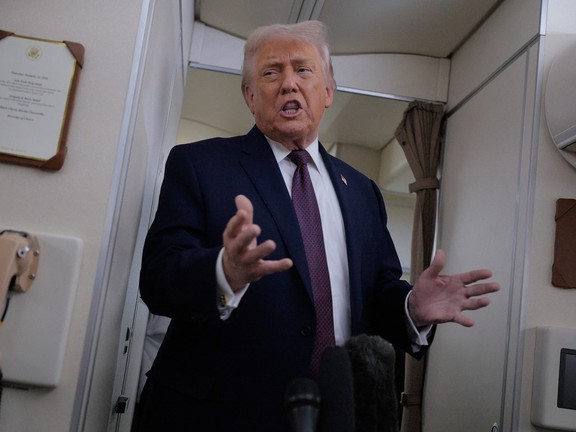Dehumanisation and Genocide: How Israel’s Narrative Enables Its War on Gaza

As global condemnation intensifies over Israel’s ongoing war in Gaza, a growing number of analysts and human rights experts are pointing to a chilling root cause: the systematic dehumanisation of Palestinians.
A recent United Nations commission concluded that Israel’s actions in Gaza amount to genocide — a charge that, according to legal experts, hinges not only on the scale of violence but on the ideology underpinning it. To commit genocide, the victims must first be viewed as less than human.

“You dehumanise your victims. They’re animals. And so, without conscience, you can kill them,” said Navi Pillay, chair of the UN inquiry and former ICC judge. Pillay drew stark comparisons between Gaza and Rwanda, citing how both genocides were enabled by narratives that stripped victims of humanity.
A Long History of Dehumanisation
For many observers, this dehumanisation didn’t begin with Israel’s 2023 war on Gaza. It traces back decades — from the 1948 Nakba, when more than 700,000 Palestinians were forcibly displaced, to the present-day occupation. According to Israeli human rights group B’Tselem, this is part of a broader policy designed “to cement the supremacy of the Jewish group across the entire territory under Israeli control.”
Yair Dvir, spokesperson for B’Tselem, told Al Jazeera that most Israelis grow up never interacting with Palestinians, attending segregated schools and receiving no education on Palestinian culture or history. “We don’t even know about the Nakba,” he said.
In schools, textbooks and children’s literature have long portrayed Palestinians as dangerous or subhuman — a reality confirmed in multiple studies over the years. By the time these children enter the army, the groundwork for justifying large-scale violence has already been laid.
Normalising the Mass Killing of Civilians
Israel’s military campaign has devastated Gaza City — described by UNICEF as the “last refuge” for many civilians in northern Gaza — as famine spreads and infrastructure collapses. Yet, within Israel, public discourse has largely focused on returning Israeli captives rather than the staggering Palestinian death toll, now surpassing 64,900.
A poll by Israel’s aChord Center in August found that 76% of Jewish Israelis believed there were “no innocents” left in Gaza. This perception appears to align with statements from officials such as Defence Minister Israel Katz, who declared, “Gaza is burning.”
Even so-called moderates in Israeli society are not immune. Aharon Haliva, former head of military intelligence — widely viewed as a centrist — was recorded saying that “50 Palestinians must die for every Israeli life lost on October 7,” regardless of whether they are children.
A Society Conditioned for Genocide
Israeli journalist Orly Noy argues that genocidal thinking doesn’t emerge overnight. “A society doesn’t just become genocidal. The conditions are cultivated systematically,” she said.
Those conditions, analysts say, include decades of colonial framing, institutional discrimination, and political manipulation by hardline religious-nationalist movements. Since Israel’s 2005 withdrawal from Gaza, these groups have steadily gained control over education, media, and political life — shaping public opinion to support or ignore atrocities.
Israeli sociologist Yehouda Shenhav-Shahrabani calls the gap between the religious right and the liberal center “very thin.” He says both camps are steeped in the belief that Palestinian life is expendable — a view rooted in the original Zionist narrative that treated Palestine as a “land without a people.”
“The Nakba is not just a historical event,” he said. “It’s a process — and it’s ongoing in Gaza and the West Bank today.”
One thought on “Dehumanisation and Genocide: How Israel’s Narrative Enables Its War on Gaza”
Comments are closed.




With no doubt human has no value in Gaza meanwhile the world leaders are watching Israel killing women and children.